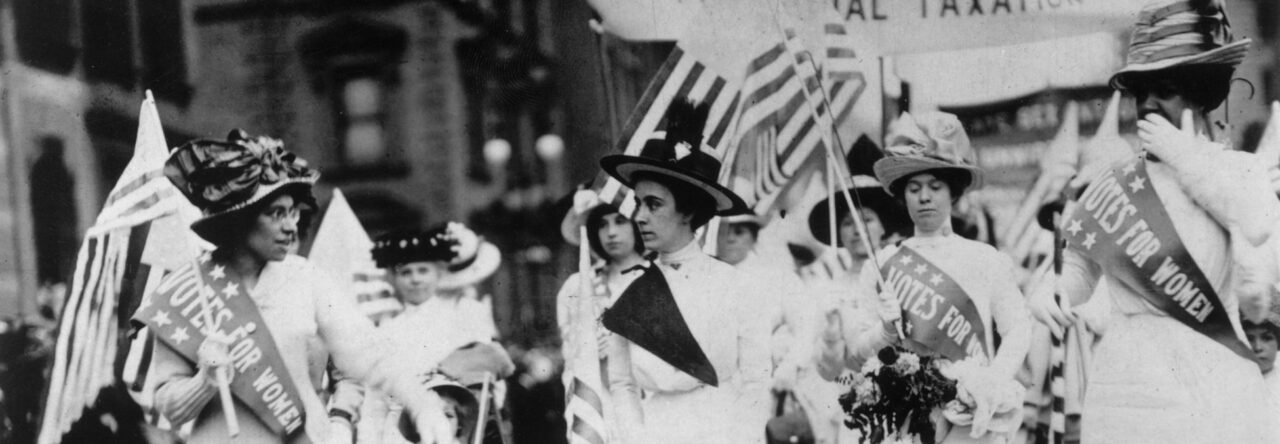
This 1884 cartoon from the periodical "Puck" depicts James Blaine as being tattooed and unable to escape the scandals of his past. Note "Mulligan Letters" written on his torso.
On November 4, 1884, John Kelly awoke to grey clouds and political uncertainty hanging over New York City. Mr. Kelly, the boss of New York’s notorious Tammany Hall, had gone to bed the night before election day having optimistically told supporters of Democratic nominee Grover Cleveland that “everything politically looks most encouraging. I have no doubt of Cleveland’s election.”** The Republicans, who were counting on James G. Blaine to extend their stay in the White house into its twenty-fifth year, were equally confident: “I think now what I have always thought – that we will carry all the Northern States without exception . . . Blaine is as good as elected,” boasted B.F. Jones, the chairman of the Republican National Committee.
But the party leaders’ public certainty belied the race’s closeness. Out of about ten million votes cast, Cleveland won the national popular vote by just over 25,000 votes. Not only was the voting close, turnout was high nationwide. The Milwaukee Daily Journal reported record turnout and Boston saw a large turnout by Harvard students. Of course, elections are won at the state level and in 1884, New York was crucial. Over a million New Yorkers voted and Cleveland captured the pivotal state (and all 36 electors) by a margin of only 1,047 votes.
Cleveland’s victory capped what was an unusually personal campaign for the time. Historian Mark Summers argues that voters in 1884 “sensed a political system breaking apart” and were beginning to care less about loyalty to party and more about individual candidates and their stances on issues. Considering that the bulk of campaign coverage focused on the integrity (or lack thereof) of the candidates, the conventional narrative that stresses the impact of scandal rather than issues is more convincing. What is clear – and Mr. Summers would likely agree – is that candidates and their personalities, stances, and mistakes were becoming increasingly important as individuals.
There certainly was no shortage of mistakes or scandals when it came to Grover Cleveland and James Blaine. Blaine, during his time as a U.S. Representative from Maine (later Speaker of the House) was an active participant in patronage politics. Eight years earlier, during the 1876 election, a Boston bookkeeper named James Mulligan uncovered letters that strongly suggested Blaine’s involvement in the issue of fraudulent public bonds and other forms of corruption. Blaine angrily demanded that the “Mulligan Letters,” as they became known, be returned on the grounds that they were private correspondence. On top of questions about his integrity, he failed to condemn Reverend Samuel D. Burchard who referred, at a Blaine campaign event, to the Democratic party as the part of “rum, Romanism, and Rebellion.” His seemingly trivial failure to reject this caricature likely lost him the votes of any previously sympathetic Irish Catholics, many of whom lived in New York.
Cleveland, the governor of New York, had issues of his own. He fathered an illegitimate child in 1874 with a woman named Maria Halpern; this came to light during July of 1884. This accusation was magnified by the allegation that the Governor had forced Ms. Halpern into exile. Cleveland had built his public image around trust (“Public office is a public trust,” he said) so he admitted having had improper relations with the woman, while denying that he had forced her into exile.
Evidently, Cleveland’s private scandal proved less damaging than Blaine’s impropriety in public office and carelessness on the campaign trail. A group of reform-minded northeastern Republicans known as Mugwumps supported Cleveland on the grounds that Blaine was too corrupt to serve. Blaine’s inability to effectively counter charges of corruption and his failure to condemn Rev. Burchard’s remarks cost him New York. Without New York, he could not win the election, and Cleveland won by the slimmest of margins.
By the end of the year, John Kelly, his health failing and influence curtailed, retired. The Democrats had broken the 25 year-old Republican stranglehold on the White House, ushering in an increasingly competitive era in American politics.
**It is possible that Kelly’s public message was inconsistent with his work outside the public eye. He had proudly opposed Cleveland’s nomination, and The New York Times suggested on more than one occasion that Kelly continued to work against him. But no Democratic source can support the Republican Times, so the truth of these accusations is suspect. (Examples one, two, and three)

Leave a Reply
You must be logged in to post a comment.